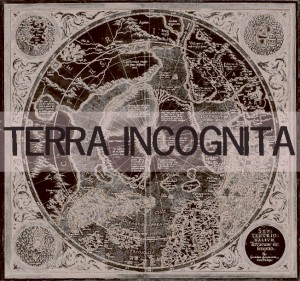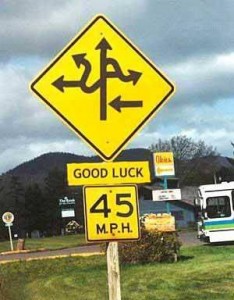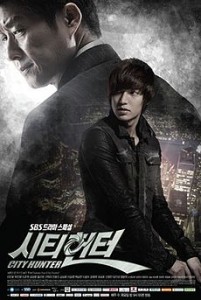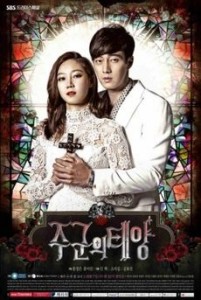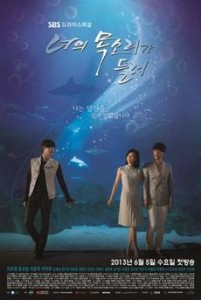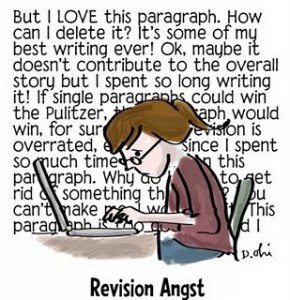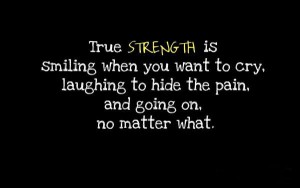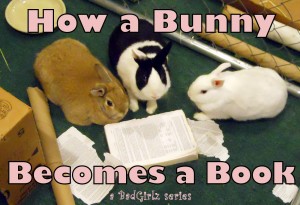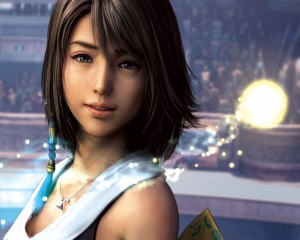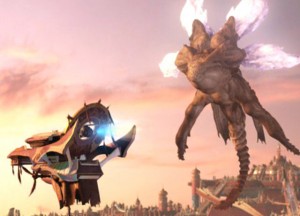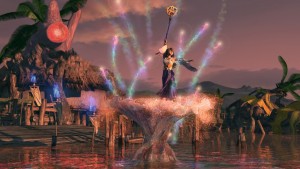
I have taken yet another break from editing because I got bitten by a rabid plot bunny that just WOULDN’T LET ME BE! It was stomping all over my poor brain until I finally gave in and decided to work on it in preparation for NaNoWriMo 2015. On minus side – Of Broken Things are sitting in a drawer again. On the plus side, I have another exciting story to tell!
So today I want to talk about what I absolutely love in the process of developing a new story – the worldbuilding. For me, there’s nothing more exciting than grabbing the newly born story idea and pulling on it. It feels like I’m slowly unraveling a big messy ball of yarn and knitting a beautiful blanket with it… or a sweater… or a piece of art… you see the picture lol.
In the case of this new story, the premise is simple – boy meets girl. She shakes up his small and familiar world and makes him question his believes and his place in this world. It’s been done almost to death before, I know. But the important thing is not what the premise is, but how it’s presented and brought to life.
That’s where worldbuilding is so important. This boy can’t exist in a vacuum. What world does he live in? What does he believe in? What family does he come from? Who are his friends and his enemies? What does he want in life? Who is this girl and why does she challenge him so much?
All those questions need to be answered before I can even begin to think about the story itself. And all those questions bring with them even more questions, all of which serve to slowly paint the picture of a bright new and hopefully unique world. And I feel like an adventurer setting foot on virgin soil. I’m the first one looking at that world. Nobody has ever been here before! It’s a heady feeling.
I usually write up to 40k words in worldbuilding alone, and most of those will never be included in the actual story, because they are for my eyes alone. But I never consider that a waste of time. To me, it’s one of the most interesting parts of working on a story. I get to write anything that strikes my fancy.
So my protagonists are from different social backgrounds, but what exactly are those backgrounds? After a few hours of surfing the Internet and lots of writing and rewriting, I came up with a whole new caste system where the first letter of your First Name and your Surname immediately indicates which caste you belong to, whether you were born into it or joined it later in your life, as well as what family you married into and what family you came from. So in this world people know almost everything about you social status as soon as they hear your name.
Then I got to thinking what kind of world would such a rigid set of social and naming rules exist in and that netted me another 10k words in backstory and world description alone. And it was absolutely fascinating.
It’s a world where most of the land is a wilderness that belongs to spirits and humans live on specially allocated territories with rigid borders. There are only so many roads connecting different human lands and straying from them into the wilderness without a special guide is equivalent to suicide.
The spirits in this world are not like the ghosts we have in our Western culture. They are more similar to the definition in Japanese Shinto religion. They aren’t good or bad, they just are. A bit like rain and snow, summer heat or a wild fire and a tornado. In this sense, they are very similar to the mushi from this excellent Manga. Some spirits are completely alien in their forms and their mentality, some are more similar to humans. Some are interested in human affairs and even help sometimes. Some are absolutely indifferent as long as humans don’t infringe on their lands.
The human lands each have a ruling family that derives their power and authority from the Mandate they have signed with the spirits. It’s a lot similar to the Mandate of Heaven from the Chinese mythology. Only in this world, the Mandate has a tangible confirmation in the form of a glowing Stone placed in the Temple of each Capital. As long as the Stone is unbroken, the ruler (and the country) have the spirit’s favor. But once it’s broken… let’s just say that wilderness can claim a valley in less than a day.
The Shadow Hunters are people who went through the initiation and became more than human, but not entirely spirit. They act as intermediaries between humans and spirits, since they are the only ones who can understand the spirits. They are also the only ones who can travel through the wilderness unharmed. In exchange, they act as guards, protectors and “game keepers” for both the wilderness and the human lands, striving to preserve the balance of this complex ecosystem.
That is the world in which my next story will unfold, and it’s different than anything I’ve written before. The more I find out about it, the more fascinated I get. Now I just need to sit down and figure out what story I really want to tell that would be as interesting and captivating as the world it takes place in.
That’s a work in progress, so stay tuned.

